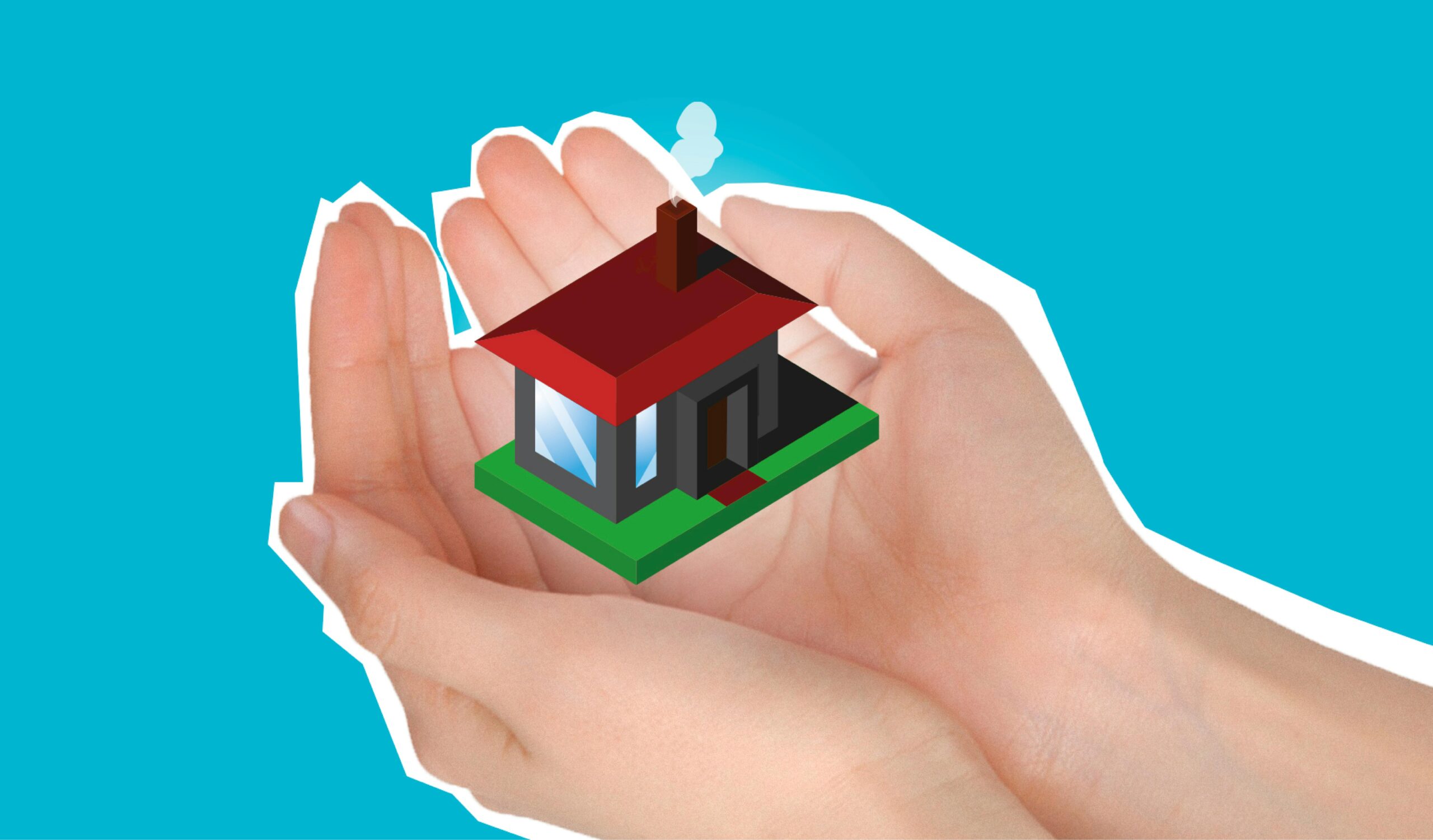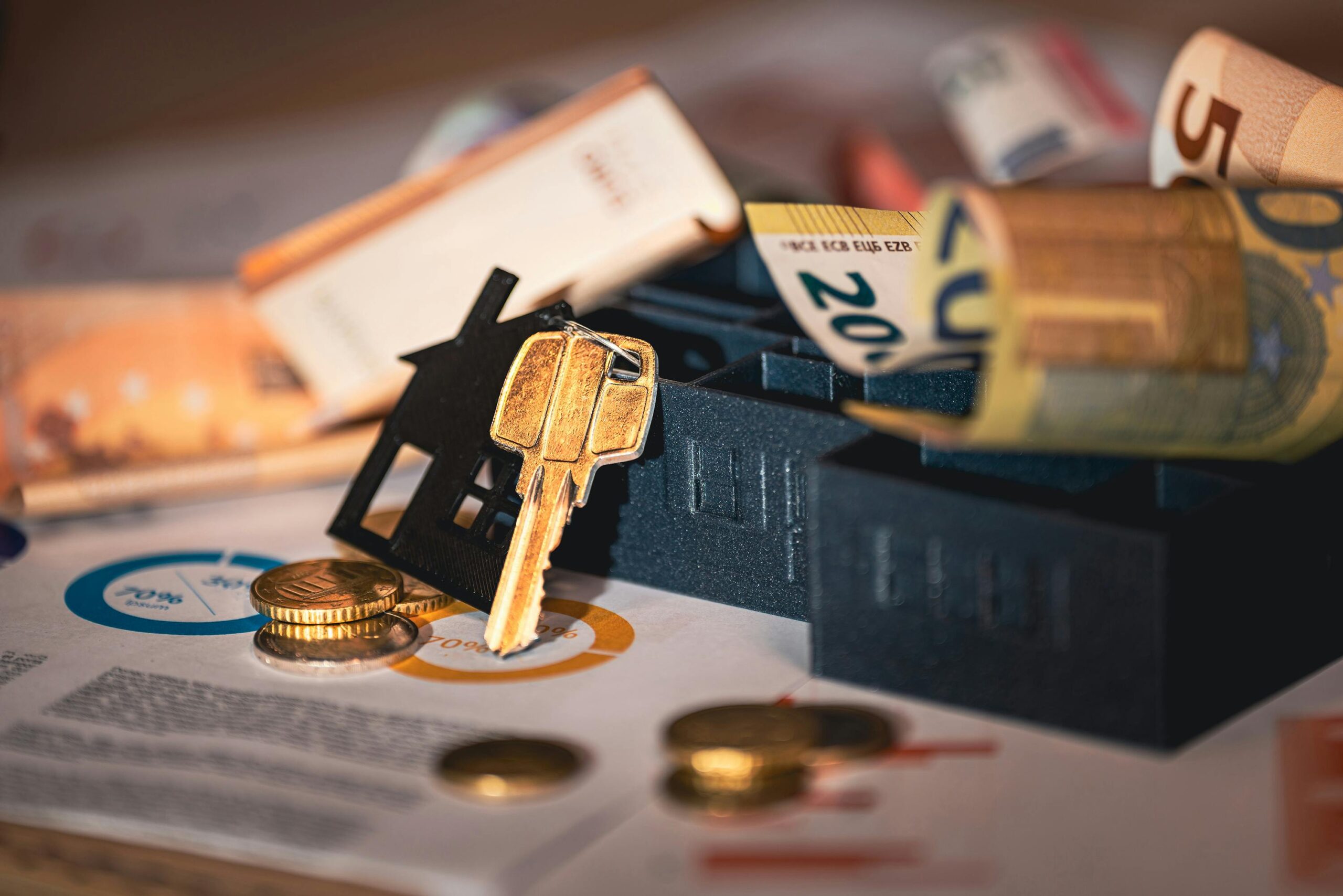7 Key Reasons Property Insurance is Very Important
Owning property is often seen as a cornerstone of financial stability and personal achievement. However, property owners often face unexpected challenges that can expose their investments to risk.
Natural disasters like floods and theft are some of the risks that can lead to significant financial loss. Unfortunately, many property owners overlook the importance of property insurance and this has made them vulnerable to various potential pitfalls.
In this article, we will explore 7 key reasons why property insurance is essential for safeguarding your investment.
The Significance of Property Insurance

We cannot talk about the significance of property insurance without first talking about what insurance is.
Insurance is a form of risk management. It is an agreement between an individual (you) or a business and an insurance company designed to offer financial protection and reduce the risks linked to specific situations or events.
Also, insurance protects against financial losses that may arise from accidents, injuries, or property damage. In addition, it helps cover expenses related to liability (legal responsibility) for harm or damage inflicted on a third party.
As for property insurance, you can describe it as a safety net for both homeowners and landlords alike. It provides financial protection against a variety of risks, including fire, flooding, vandalism, and liability claims.
Without adequate insurance coverage, property owners may find themselves facing overwhelming costs that could lead to financial ruin. If done rightly, property insurance will protect your physical assets and ensure you focus on enjoying your home instead of worrying about what could go wrong.
READ ALSO: Real Estate Investing 101: What Every New Investor Needs to Know
Key Insurance Terms You Should Know
There are some key insurance terms that you should know. These are:
1. Premium
This is the amount you pay for your insurance policy, either on a monthly or annual basis. Do note that the amount can vary based on factors like the type of coverage, the value of what you’re insuring, and your claims history.
2. Deductible
A deductible is the amount you agree to pay out of pocket before your insurance kicks in to cover a claim. For example, if you have a deductible of ₦500,000 and you incur a loss worth ₦2,000,000, you’ll pay the first ₦500,000 while your insurer covers the remaining ₦1,500,000.
3. Coverage
This term refers to the specific protections provided by your policy. It outlines what incidents or damages are included under your insurance plan.
4. Exclusion
Exclusions are specific situations or conditions that are not covered by your insurance policy. For instance, many homeowners’ policies exclude damage from floods or earthquakes unless you purchase additional coverage for those risks.
5. Liability Insurance
This type of insurance protects you if you are found legally responsible for causing injury to someone else or damaging their property. It’s essential for protecting your assets in case of lawsuits or claims against you.
6. Insured vs. Insurer
The insured is either you or the person or entity covered by the insurance policy, while the insurer is the company providing the coverage.
7. Claim
A claim is a formal request made by the insured to the insurer for payment based on the terms of the policy. For example, if something unexpected happens, you file a claim to receive compensation for your losses.
7 Key Reasons Property Insurance is Very Important
Here are seven (7) key reasons why property insurance is important:
1. Protection Against Natural Disasters
Natural disasters are unpleasant disasters that occur naturally or by the influence of nature. They can strike without warning and cause severe damage to your property.
Insurance policies typically cover damages from events like hurricanes, earthquakes, and floods. This ensures that you can recover financially without bearing the entire burden yourself.
2. Financial Security
Investing in property requires a huge financial commitment. But in order not to lose your investment, you need to insure it.
Property insurance safeguards your investment by covering repair costs in the event of damage or loss. This financial security allows you to maintain your lifestyle and as well prevent you from dipping into savings or taking on debt.
3. Liability Coverage
If someone gets injured on your property, you could be held liable for their medical expenses and other damages.
Property insurance often includes liability coverage that protects you from costly legal fees and settlements that could arise from such incidents.
4. Peace of Mind on Your Investment
Many people are obsessed with sleeping peacefully knowing that their assets and investments are safe. Who doesn’t want that?
Knowing that your property is insured provides peace of mind. You can rest easy knowing that if disaster strikes, you have a plan in place to mitigate the damage and recover quickly. This sense of security allows you to enjoy your home or life without constant worry.
5. Coverage for Personal Belongings
Most property insurance policies extend coverage to personal belongings within your home. This means that if items like electronics, furniture, or jewelry are damaged or stolen, you can file a claim to recover their value.
6. Compliance with Lender Requirements
If you have a mortgage on your property, your lender will likely require you to carry insurance as a condition of the loan. This requirement is in place to protect their investment as well as yours.
7. Protection Against Unforeseen Events
Life is uncertain and unpredictable. Unforeseen events such as theft or accidental damage can occur at any time.
Property insurance helps cover these unexpected incidents and ensures that you are not left financially vulnerable when they happen.
Conclusion
The insurance of your property is a very critical tool for risk management. Do not wait for disaster to strike before you consider taking out insurance. Secure your property and real estate investments today with property insurance.

